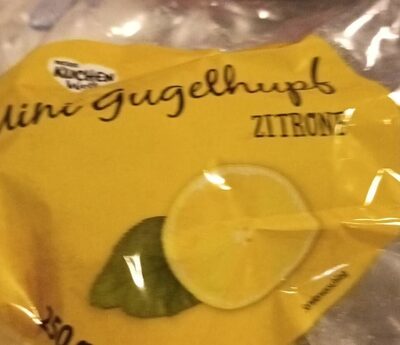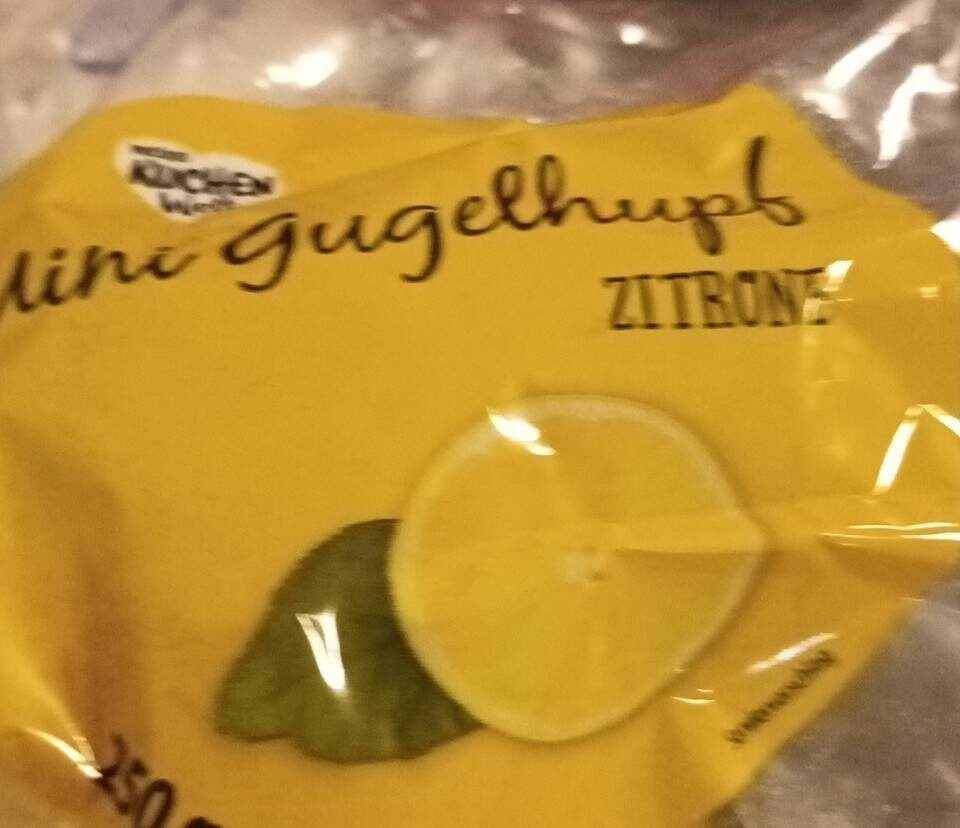Kuchen - Meine KuchenWelt - 250
This product page is not complete. You can help to complete it by editing it and adding more data from the photos we have, or by taking more photos using the app for Android or iPhone/iPad. Thank you!
×
Barcode: 4061461463045 (EAN / EAN-13)
Quantity: 250
Packaging: Plastic
Brands: Meine KuchenWelt
Categories: Snacks, Sweet snacks, Biscuits and cakes, Cakes, Sweet pies, Pies
Countries where sold: Germany
Matching with your preferences
Environment
Packaging
Transportation
Threatened species
Report a problem
Data sources
Product added on by openfoodfacts-contributors
Last edit of product page on by kiliweb.
Product page also edited by ecoscore-impact-estimator, off.3d426dbc-3faa-453e-8cc0-76c0af676dfb, packbot, professordoc, rhenishdude, yuka.sY2b0xO6T85zoF3NwEKvlnFZUf-Bvzv6Kg3unhWFltnfFLLNee9s09WrGKs.
If the data is incomplete or incorrect, you can complete or correct it by editing this page.








